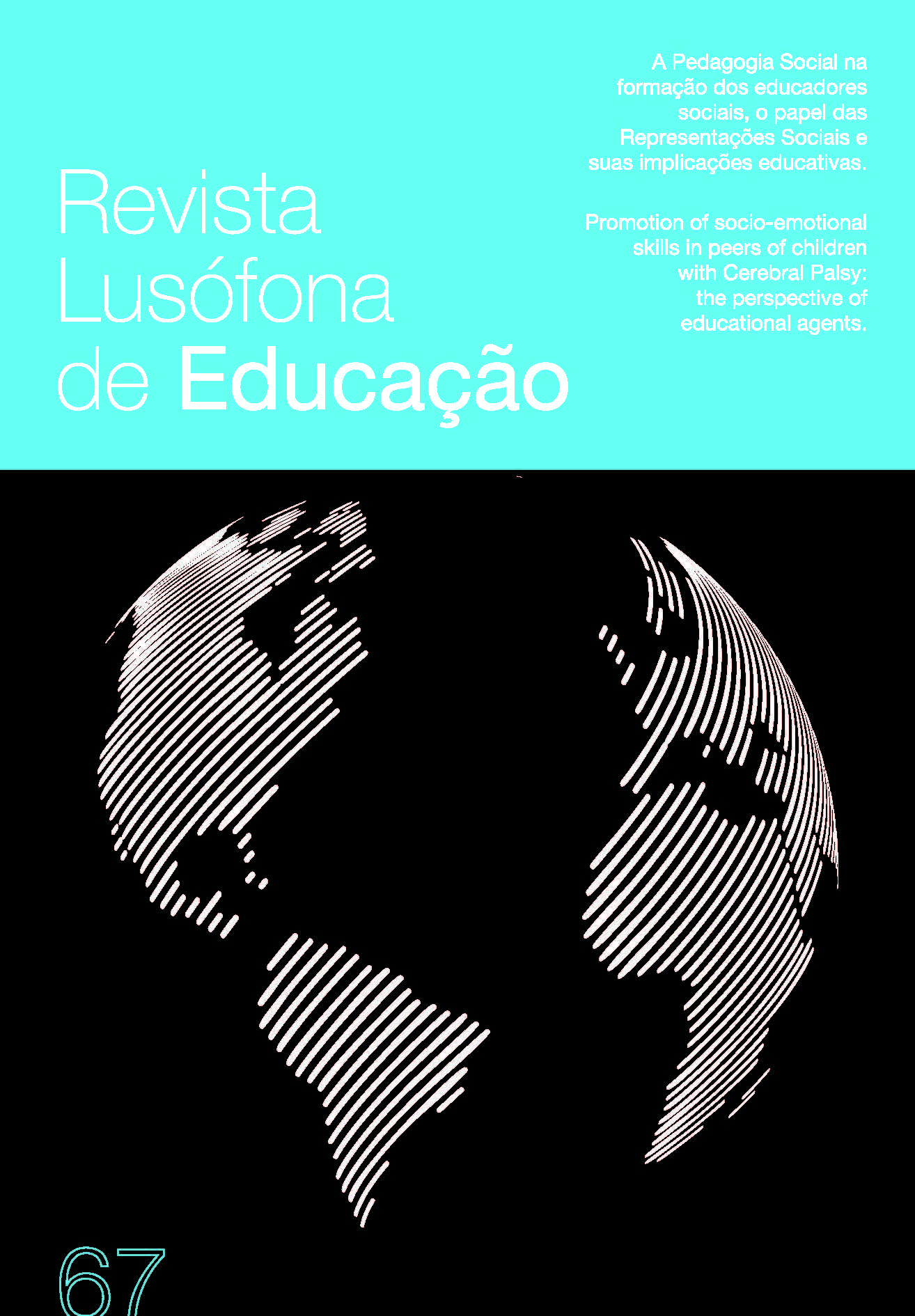Curricularization of Online University Extension and Its Impacts on Academic and Citizenship Training
Abstract
The curricularization of university extension in Brazil, instituted by CNE/CES Resolution No. 7/2018,
strengthens the integration between teaching, research, and extension in higher education. This study examined the contributions of the University Extension Community Project discipline to students’ academic and citizenship training, taking into account the development of skills, interaction with the community, understanding of public policies, and the relationship with the Sustainable Development Goals (SDGs). Using an exploratory and descriptive approach of a quantitative nature, the perceptions of 130 students were analyzed using an online form. The results highlight that the discipline contributes to developing skills such as teamwork, leadership, and social responsibility, in addition to promoting citizenship training aligned with contemporary social demands. Integration with the SDGs was evident, with 94.6% of respondents addressing topics such as Quality Education, Reduction of Inequalities, and Health and Well-being in their projects. It is verified that the curricularization of university extension is a transformative practice capable of aligning academic actions with society’s needs and the job market demands.
Keywords: university extension; curricularization of extension; sustainable development goals; skills-based education; tourism and local development.
Downloads
Copyright (c) 2025 Revista Lusófona de Educação

This work is licensed under a Creative Commons Attribution 4.0 International License.
-
Authors retain copyright of their work, without any payment, and grant the journal the right of first publication. The work is simultaneously licensed under a Creative Commons Attribution 4.0 International License (CC BY 4.0), which allows others to share (copy and redistribute the material in any medium or format) and adapt (remix, transform, and build upon the material for any purpose, even commercially), provided that proper credit is given to the author(s) and the initial publication in RLE is acknowledged.
-
Authors are permitted to enter into separate, additional contractual arrangements for the non-exclusive distribution of the version of the work published in this journal (e.g., depositing it in an institutional repository or publishing it as a book chapter), provided that authorship and initial publication in RLE are acknowledged.
-
Authors are allowed and encouraged to post and disseminate their work online (e.g., in institutional repositories or on their personal websites), as this can increase the visibility and citation of the published work (see The Open Access Effect).








